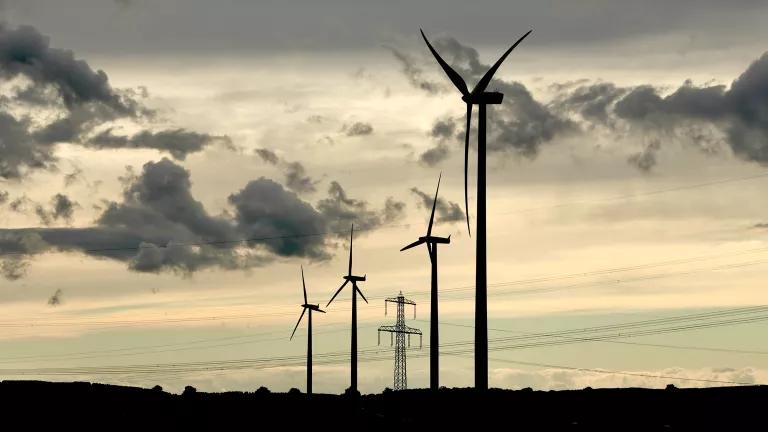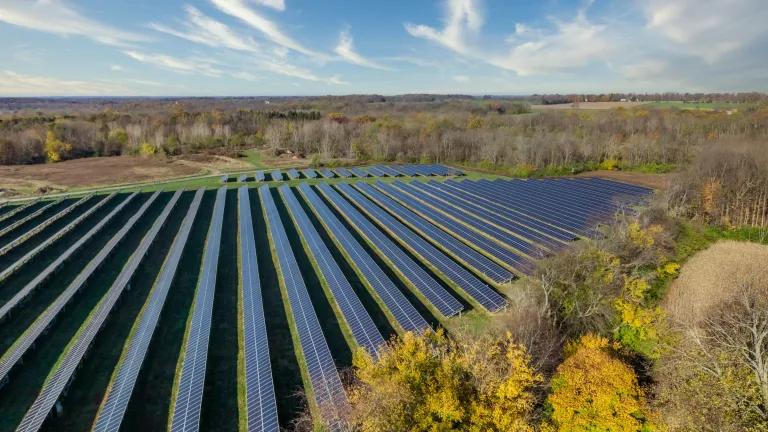NRDC Fact Sheet Lays Out a Path to Jumpstarting Advanced Biofuels Through a Greener Biofuels Tax Credit
We here at NRDC have written extensively about the need to move quickly away from first generation biofuels like corn ethanol towards the next generation of cleaner, better performing advanced biofuels—those that not only deliver reductions in greenhouse gas emissions but also result in cleaner water and healthier soils, with less impact on food and feed prices. Today, NRDC is releasing a new Fact Sheet outlining our proposal to jumpstart advanced biofuels with a technology-neutral Greener Biofuels Tax Credit that rewards producers for creating biofuels that protect our climate and natural resources.
To date, our policies have failed to create the necessary transition to advanced biofuels by continuing to funnel an overwhelming share of biofuels incentives towards dirty biofuels like corn ethanol that are bad for our climate, water, soils and forests. We cannot afford to continue taking two steps back for every one step forward. Congress must stop rewarding volume without requiring biofuels to deliver measurable environmental performance. This starts by immediately putting an end to the main corn ethanol tax credit—the Volumetric Ethanol Excise Tax Credit, commonly known as the “VEETC”—which costs U.S. taxpayers nearly $6 billion per year with little to show in terms of jobs, additional ethanol production, or environmental benefits.
Ending the wasteful VEETC would itself be a huge step forward in getting biofuels right. What’s encouraging is that the end of last year saw calls from all corners of the political spectrum to expire the VEETC once and for all. But if biofuels are to play an important role in achieving our climate goals without sacrificing the air we breathe, the water we drink, or our most biodiverse landscapes, ending the VEETC is not enough. As we discuss here, it is equally important for U.S. policy to shift meaningful resources towards rewarding producers that create the low-carbon biofuels we need to protect our climate and natural resources.
As the fact sheet outlines, a Greener Biofuels Tax Credit will reward sustainable producers by shifting from paying blenders—the oil companies and refineries that blend ethanol into gasoline—to paying the biorefineries that produce biofuels. Because it is performance-based, it will give refineries an economic incentive to purchase more sustainable biomass feedstocks will encourage farmers to manage for sustainability, which in practice means minimizing tillage, fertilizer use, erosion, and runoff. It will pay equally for climate performance and ecosystem services, and in direct proportion to greenhouse gas emissions reduction and sustainability scores for biomass feedstocks across key environmental elements affected by farmers such as soil quality, water quality and wildlife habitat. By being convertible from a production tax credit to an investment tax credit or direct grant, it will also support innovation by recognizing that many innovative biofuel technologies are being advanced by startup companies with limited revenues.
It’s time we stop paying for more of the dirty fuels we don’t need and start paying for real, measurable environmental performance. A Greener Biofuels Tax Credit would cost just a fraction of corn ethanol tax credits like the VEETC and can help us get on the path to better biofuels.



